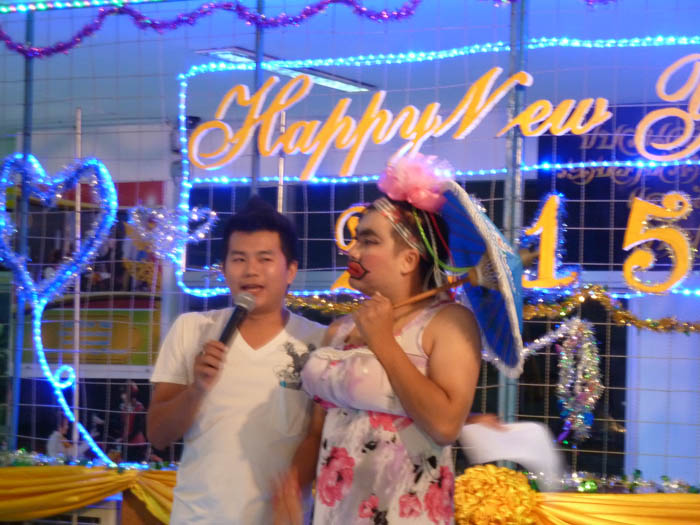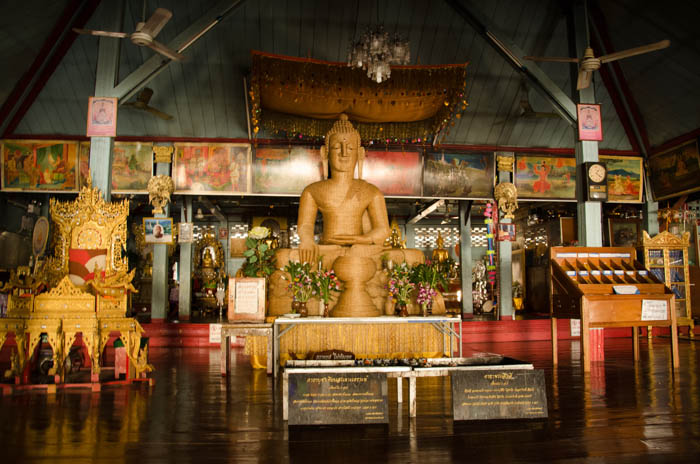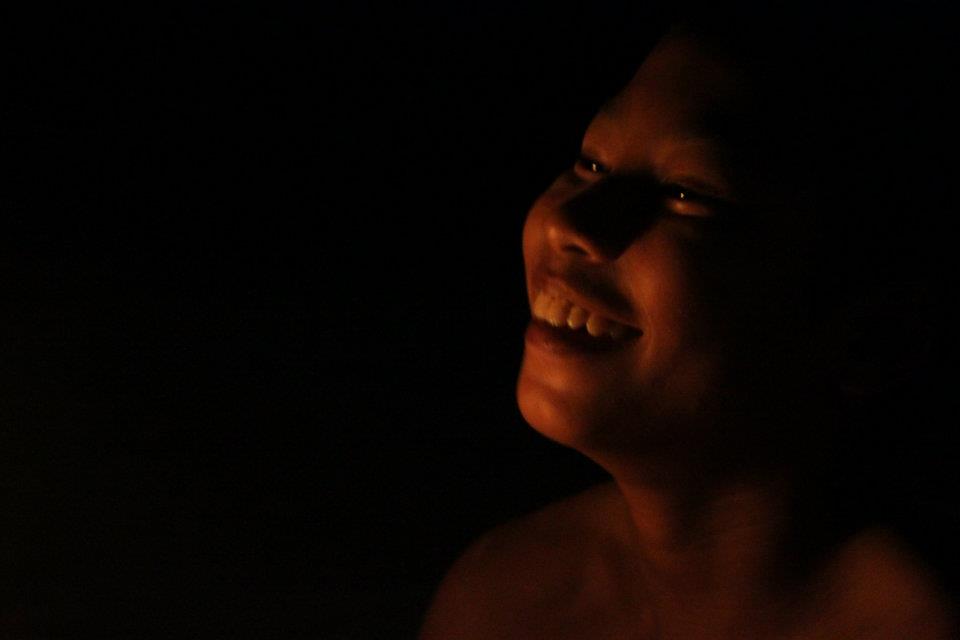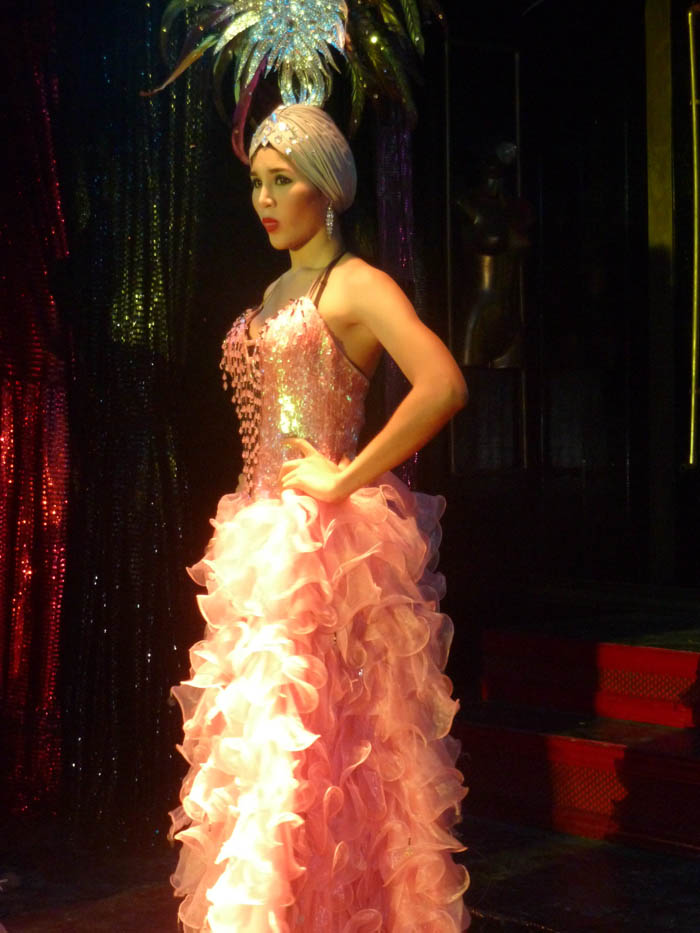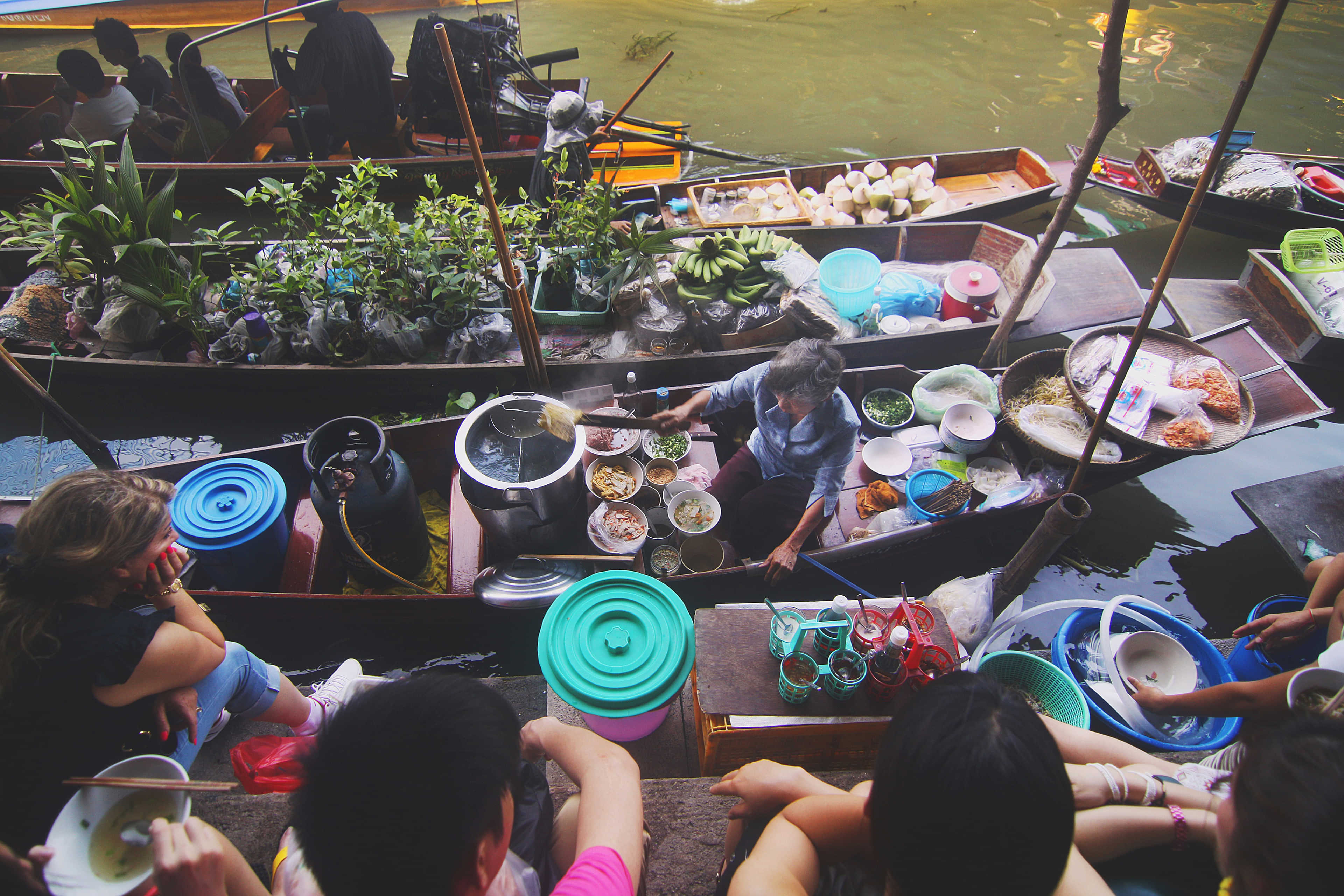
Travel
Thai Culture: Things you won’t find in your travel guides
Destinations
Joanna Horanin
Hi, I'm Joanna, the author of The Blond Travels. In the worlds of Thailand and Portugal, I feel like a fish in water - and it's no coincidence! I've been exploring Thailand for over a decade, and I've settled in Portugal for 6 years now. My mission is to support Dreamers - just like you - in discovering these fascinating countries and helping those in love with them find their own place on Earth, preferably for good! Let's uncover these unique corners of the world together.
Thai culture is extremely complex and fascinating. I find out something new almost every day. In this post I would like to tell you a little about it.
I am not going to write here about the King, the head and the feet as you will find it in every single travel guide. If you want to read about these then it’s better to buy a Lonely Planet guide.
1. Social hierarchy
Thai society is based on tight hierarchy. The most important person in the Kingdom is of course the King, who is loved and cherished almost on the same level as Buddha. After the King, there are monks, teachers and family.
The family is everything to Thai people. Very often children live with their parents and grandparents until they are adults, and are financially independent. The oldest in the family has the last word and no decisions can be made without their permission. They choose professions and jobs for their children, who will then make sure that their parents will have a peaceful and restful retirement. Traditionally, the children put their first salary in an envelope and kneeling they offer it to their parents.
Apart from that, there is a completely different hierarchy at a work place. The boss (the ‘pou yai) is the person, who makes all the decisions. It is not polite, and in many cases can be offensive, if the ‘pou noi’ (the employee) disagrees publicly with their boss. If the pou yai invites their employees to a dinner, they are obliged to pay for it. Our European nature would tell us to at least argue to split the bill, but that would be perceived as rude in Thailand. It is better to accept the gesture and politely thank the pou yai.
Foreigners, called commonly ‘farangs’ in Thailand, in many situations are also expected to act as the ‘pou yai’. If you had a car accident, which wasn’t your fault, you would be asked to cover the cost of any medical expenses, or car repair. We are the ones, who have more money than them (even though it is not true in many cases) and we can afford to pay for everything. Such is our karma…
2. Sabai, sanuk and mai pen rai
These three expressions give away the Thai attitude towards most things.
‘Sabai’ means ‘slowly’. Everything here moves in a slow motion. No one is in a rush. Thais very rarely get stressed or agitated. They don’t honk at anyone while driving. The waiters here move slower than anywhere in the world. At school I often hear ‘don’t worry Joanna, sabai sabai’, when I get nervous that I won’t make it to my next class.
‘Sanuk’ simply means ‘fun’. Thais love to laugh, play games, sing, dance and not worry about anything. At schools teachers are often expected to conduct fun lessons with singing and games involved. No one wants to study grammar here. Maybe that’s why the Thai education falls behind the other countries in South East Asia.
Mai Pen Rai is my favourite saying and it means ‘don’t worry’ or ‘it doesn’t matter’. You didn’t make it to work on time, you spent all your money on partying, you got soaked in the rain while driving your scooter, you stepped in a large dog’s poo? Mai pen rai! Don’t worry, be happy!
3. Buddhism = kindness.
Thais are very religious. Buddhism in Thailand mixes with Hinduism and other beliefs of different minorities that live here.
Thailand obviously is not a paradise. Murders, rapes and robberies do happen, but in general Thais are the most kind and loving people I know. We often joke that their mafia must be the most polite one in the world.
Last year I met a Thai girl in one of the bars. Ink was really helpful to me and my friends during our search for apartments. She drove us around and showed us places for rent, she took us shopping and patiently waited for a friend of mine to choose a colour of the fan, which took him forever. She was always there when we needed her. We asked her why she was doing all of this for us (we couldn’t believe that someone can be so nice without any agenda) and she said it was because she was from Thailand and she was a Buddhist. She was simply working on her karma and wanted us to experience the kind of goodness that every Thai person is supposed be born with.
4. Egocentric Thailand
In my opinion Thais are quite egocentric. They often don’t know where other countries are, many of them don’t feel a need to learn another language. They think their country is the most wonderful place on the planet.
Can you actually blame them for that?
5. The Land of Smiles (?)
If you are a tourist and you come here only for a little while you will leave convinced that the land of smiles actually exists. But, if you live here as an expat sooner or later you will find out that it is not quite true. Thais don’t like confrontation and very often many things are not said in your face. If at work they want to fire you they won’t tell you why exactly. They will tell you with the sweetest smile that you have just been laid off.
My favourite story is about an Englishman, who lived next door to an older Thai couple, who had a dog. The dog barked whole night long and the farang couldn’t sleep. Finally, after another sleepless night, he knocked on his neighbours’ door and started shouting at them. The couple smiled and apologized. From then on the dog stopped barking.
The Englishman thought his problems were over. A few months later he was going to work and with a great surprise he noticed that his car tyres were all slashed. That was his neighbours’ sweet revenge for him making them ‘lose their faces’.
What should have the Englishman done? He should have politely, with a smile, say to them: ‘Oh, recently I can’t sleep very well. Someone in the building has a dog that barks whole night long’.
The working environment works in a similar way. Forget about brain storming. Here, submitting ideas, which are different from pou yai’s is out of place it might be another reason for the company to get rid of you.
I noticed that Thais love to gossip, too. If they are sure you don’t understand the language they will talk about you between themselves, at the same time smiling sweetly at you.
6. Nose and mouth
It is a common site here to see a person digging in their nose without a shadow of embarrassment. I still can’t get used to my students doing it during classes.
Picking between your teeth however is for Thai people disgusting and rude. The same goes to licking stamps, or your fingers when flipping pages of a newspaper.
7. Ladyboys and Tomboys
I am all for tolerance and equal rights for everybody. That’s why I think that Thailand is a wonderful country for gays, lesbians and transgenders. They are allowed to express their sexuality and no one is surprised, or disgusted, when they see a boy wearing a dress. However, there is a dark side to this. When a boy is born in a family, and from a very young age he prefers to play with dolls, or spends his time with girls, the parents very often start giving him hormones. Sometimes, when he is only 7 years old. By the time he is a teenager he is almost a woman.
Homosexual relationships are normal in Thailand. Heterosexual couples can’t show affection to one another in public, so very often boys and girls experiment with others of the same sex.
In Europe it is very rude to ask a gay, or a lesbian, if they play a female or a male in a relationship. In Thailand it is acceptable and normal. A gay man, who is more female is called ‘the queen’, and his partner is ‘the king’.
8. Other interesting facts
- In Thailand we eat with a fork and a spoon. Knives are only available in western style restaurants.
- Drinking beer on the street is rude.
- A falang, who walks barefoot (and we have a lot of them here) is a mystery to Thais. How can someone, who has money not have shoes?
- Men, who don’t wear t-shirts and walk around bare chested, are thought to be rude.
- Smoking cigarettes is not as acceptable as drinking in public. Lots of Thais smoke, but if you have a respectful job you should not smoke.
- Showing someone your middle finger is very offensive and can get you into trouble. I heard that someone got killed because of it.
- If you want to offend someone you can call them a pig, a dog, or a lizard. One of the worst things you can say to someone is saying to them that their father died.
- Thais are very superstitious and believe in astrology and fortune telling. If you want to make some friends, wish them ‘good luck’.
- The most important aspect of Thai culture is the food. One of the ways you can greet someone is asking them ‘tann kao rue yag?’ – have you had rice yet?

